The report of the Nineteenth National Congress of the Communist Party of China in 2017 pointed out that by 2035, the ecological environment will be fundamentally improved, and the goal of a beautiful China will be basically realized. On September 22, 2020, Chinese President Xi Jinping announced in his speech at the general debate of the 75th session of the United Nations General Assembly that "China will increase its nationally determined contributions and adopt more powerful policies and measures to reduce carbon dioxide emissions by 2030." peak before 2060, and strive to achieve carbon neutrality by 2060.” The Fifth Plenary Session of the Nineteenth Central Committee proposed that by 2035, green production and lifestyles will be widely formed, carbon emissions will stabilize and decline after peaking, the ecological environment will fundamentally improve, and the goal of building a beautiful China will be achieved.
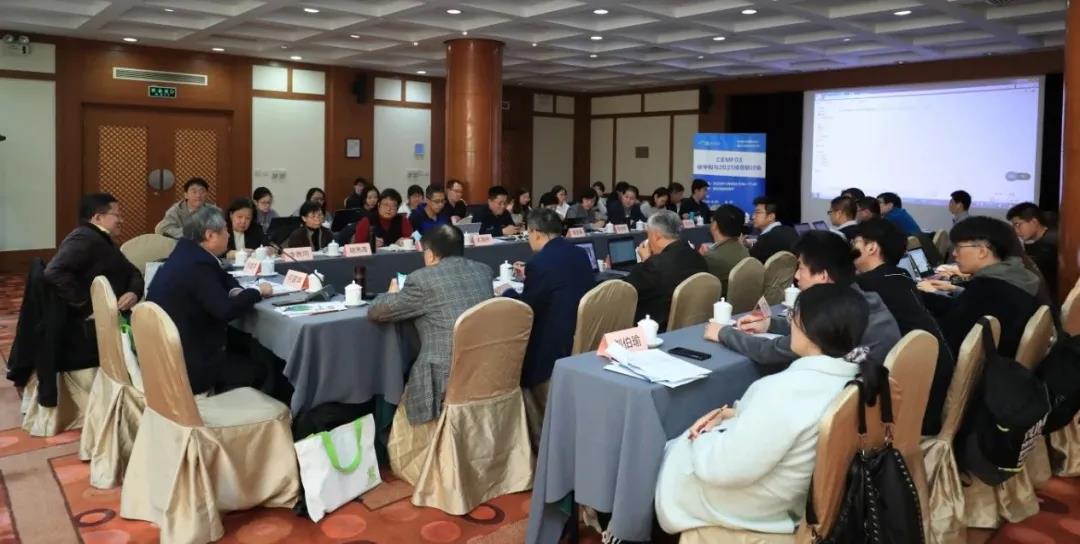
On November 6, 2020, the China Energy Modeling Forum organized the "Carbon Neutrality and 2035 Scenario Seminar". This seminar was the first to discuss China's 14th Five-Year Plan under the background of carbon neutrality And 2035 long-term planning and other related topics.
From Tsinghua University, Development Research Center of the State Council, Energy Research Institute of the National Development and Reform Commission, Chinese Academy of Environmental Sciences, Environmental Planning Institute of the Ministry of Ecology and Environment, State Grid Energy Research Institute, China Petroleum Economics and Technology Research Institute, China Cinda Asset Management Co., Ltd., etc. Experts and scholars from scientific research institutions and enterprises and representatives of related units attended the meeting. The meeting was co-chaired by Zhang Jianyu, chief representative of the Beijing Representative Office of the American Environmental Protection Association, researcher Han Wenke and researcher Hu Xiulian of the Energy Research Institute of the National Development and Reform Commission
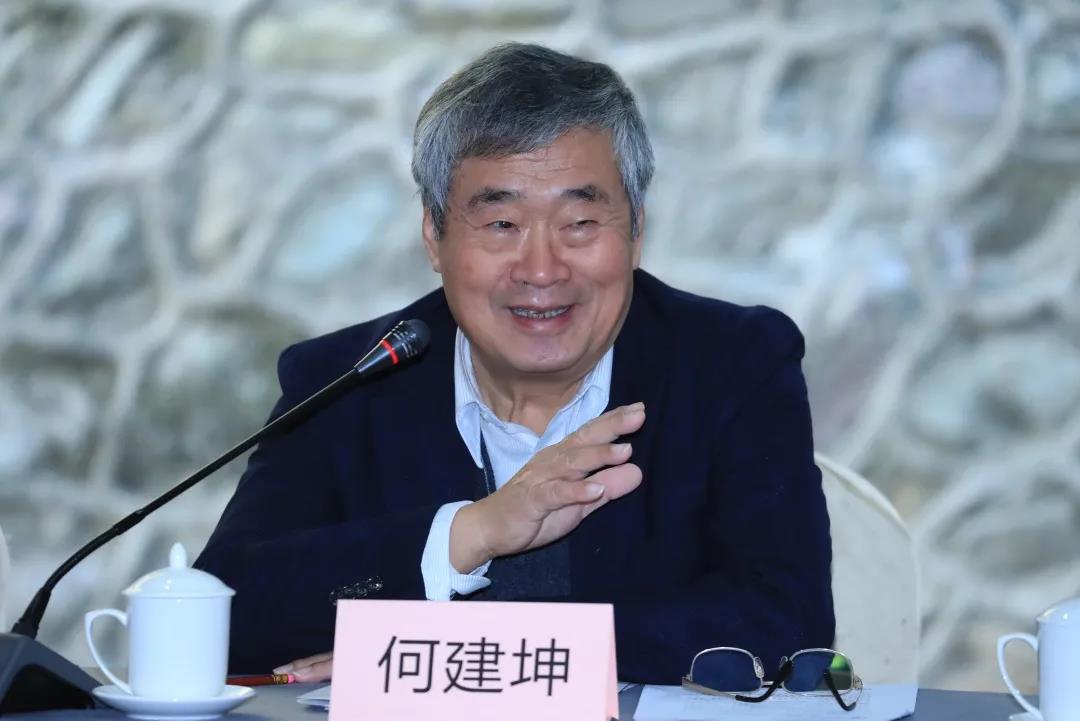
He Jiankun
Deputy Director of Climate Change Expert Committee
Professor of Tsinghua University
He Jiankun, deputy director of the National Climate Change Expert Committee, chairman of the Academic Committee of the China Energy Modeling Forum, and professor of Tsinghua University, affirmed the important role of the China Energy Modeling Forum in model methodology research and scenario analysis in his speech and speech. He believes that under carbon neutrality and the new domestic and international situation, the energy system will become more and more complex, and the energy model system will undergo fundamental changes; Subject research is very important.
2035 is not only an important node in China's social development, but also the first stage of socialist modernization. By 2035, my country's economic development mode will undergo a fundamental change, and it will turn to the trend and path of deep decarbonization.
In 2035, carbon dioxide emissions must be significantly lower than the peak year, so as to enter a rapid decline track.
Peaking before 2030 is an important turning point, marking the decoupling of economic and social development from carbon emissions - economic and social development will continue after 2030, energy consumption may increase for a period of time, but carbon dioxide emissions have begun Decline—this is also an important sign of the fundamental improvement of our ecological environment, realizing the decoupling of economic development and carbon emissions.
The future low-carbon development strategy will definitely be included in the overall strategic goals and tasks of the country's socialist modernization drive. At the same time, China must also assume international responsibilities commensurate with its constantly improving comprehensive national strength and international influence, and ultimately realize the great rejuvenation of the Chinese nation.
The industrial transformation guided by the goal of carbon neutrality is a revolutionary transformation, and there are many technical difficulties to be overcome. At present, various industries are not ready. They often emphasize their own industries, interests, and transformation and development routes, and require other industries to adapt. All industries cannot think of their own interests and leave the difficulties to others. They should be guided by the ambitious long-term goal of carbon neutrality. All industries should revolutionize according to this goal. Only through reform can there be a way out. This is a test for every industry.
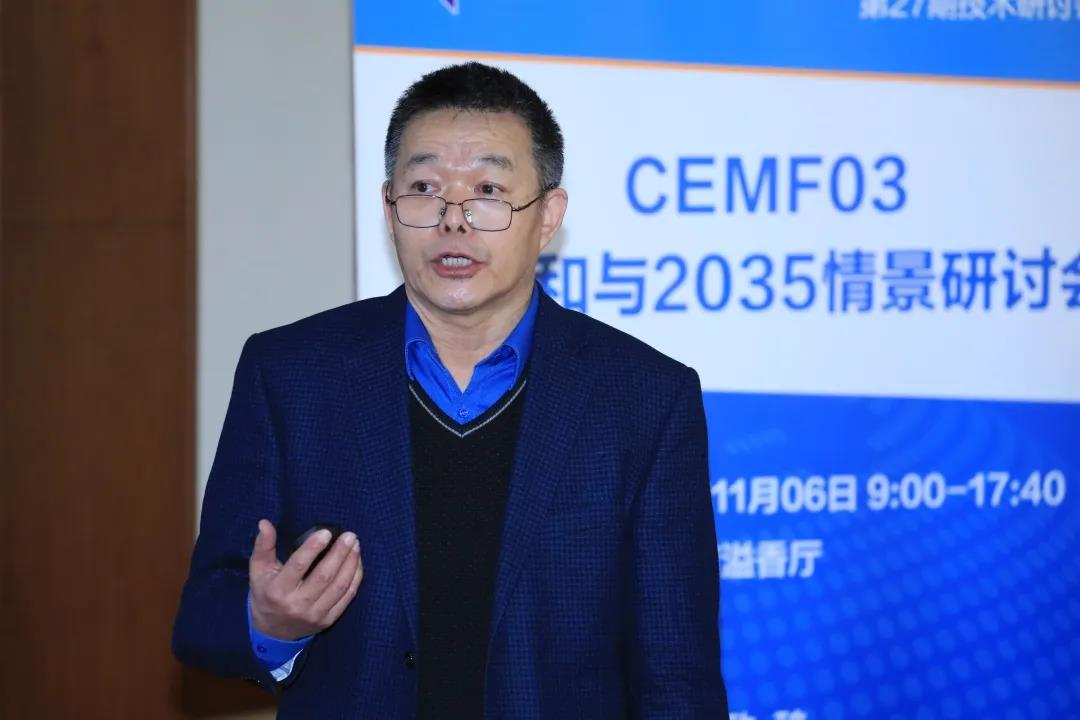
Hu Angang
Dean and Professor of National Conditions Research Institute of Tsinghua University
Professor Hu Angang from the National Conditions Research Institute of Tsinghua University gave a speech entitled "The Medium and Long-term Vision of China's Economic and Ecological Development (2020-2035)". He pointed out that China will achieve green modernization by 2035: basically form a green development mode of production; basically establish a clean, low-carbon, safe and efficient energy system; achieve a fundamental improvement in environmental quality; Ecological security barrier system; actively build a disaster prevention and mitigation society, and strive to enter the carbon emission reduction period ahead of schedule.
Green development requires a fundamental transformation of production methods. Compared with the "11th Five-Year Plan" to the "13th Five-Year Plan", the "14th Five-Year Plan" highlights the key word "green".
It is necessary to strictly control the total amount of energy, strictly control coal, accelerate greening, and provide greater development space for renewable resources.
In addition to changing the mode of production, green development also needs to change the way of life and guide the shift from black consumption to green consumption.
The sooner "carbon neutrality" is achieved, the higher the long-term rate of return, although the current cost may be higher. China's realization of "carbon neutrality" is not only to compete with western developed countries, but more importantly, it is to blaze a new path for southern countries.
In the context of carbon neutrality, oil and gas energy companies should change from black cats to green cats as soon as possible, transform to new energy companies or green energy companies, and shoulder the corresponding missions.
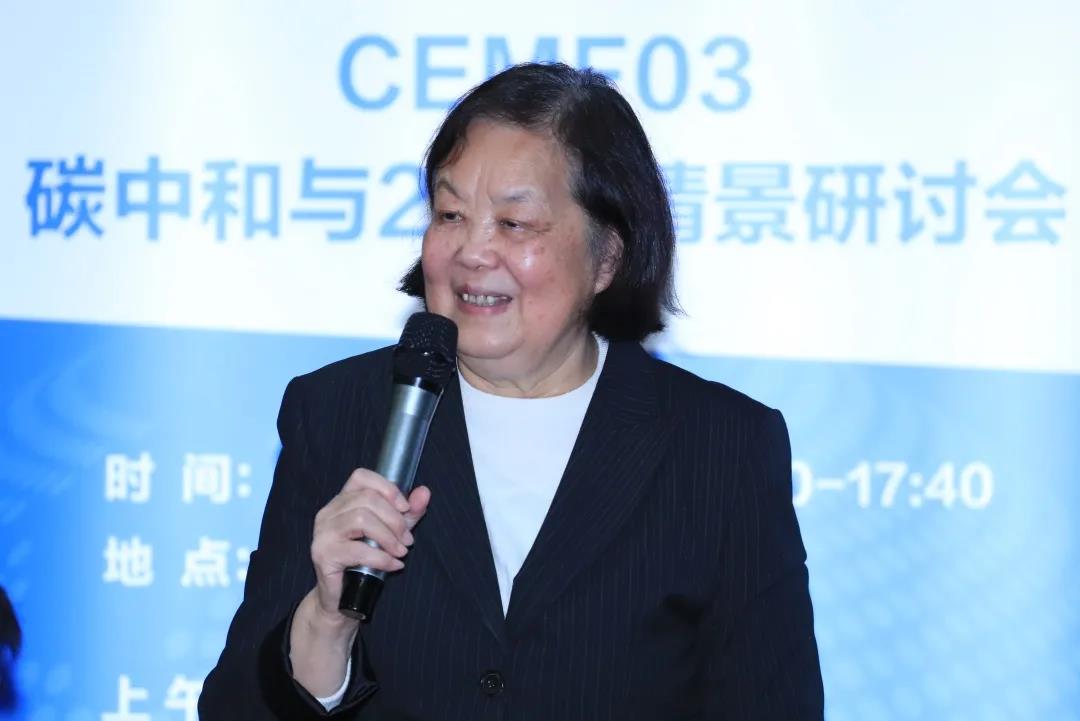
Li Shantong
Researcher, Development Research Center of the State Council
Researcher Li Shantong from the Development Research Center of the State Council discussed the understanding and thinking of the "14th Five-Year Plan" based on the spirit of the Fifth Plenary Session of the 19th Central Committee. She pointed out that China's development is still in an important period of strategic opportunities, but opportunities and challenges have new developments Changes are embodied in the new development stage, new development concept and new development pattern.
During the "14th Five-Year Plan" period, opportunities and risks coexist, and there are opportunities in danger; in the face of the international environment, China has changed from "cultivating new opportunities and opening new bureaus" to "cultivating opportunities and opening new bureaus".
China's domestic population situation has also entered a new stage of development, the population size may soon reach its peak, the total labor supply has continued to decline in recent years, and factor costs have continued to rise.
The output of industrial bulk commodities has reached or is about to peak, housing demand is becoming saturated, and the speed of urbanization is expected to slow down.
The traditional development mode of "outside the market, outside the resources, outside the technology" has new challenges in the new situation. Under the new development pattern, build a "dual cycle" development system, expand domestic demand, focus on consumption, and at the same time further play the key supporting role of investment in many parts.
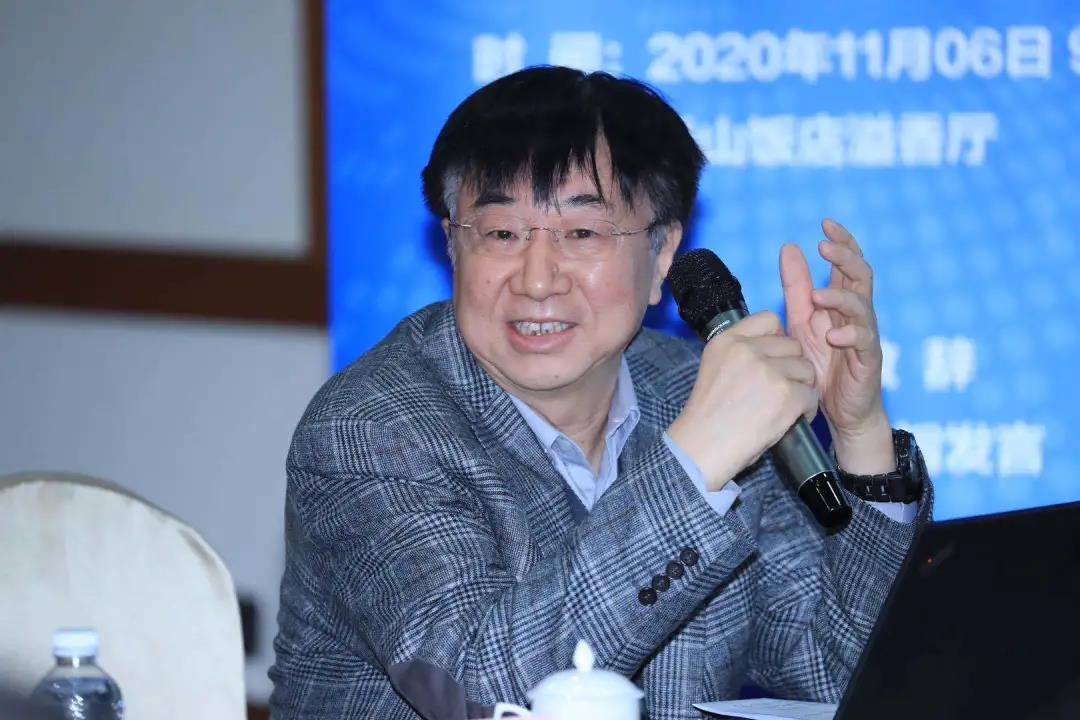
Han Wenke
Researcher of Energy Research Institute of National Development and Reform Commission
Researcher Han Wenke from the Energy Research Institute of the National Development and Reform Commission introduced the industry's deep emission reduction under the background of carbon neutrality. He shared his thinking on the direction of industry, energy and economic development from a macro level.
Establish a modern industrial system to promote the development of the economic system. The biggest impetus for in-depth emission reduction is the modern industrial system. Its establishment will eliminate the existing high-energy-consuming and high-pollution systems, and give birth to new industries with low energy consumption and relatively low emissions. These industries can continue until the After 2050, it can support the breeding of new industries after 2050.
Promote the transformation of energy consumption patterns in various industries guided by electrification, high efficiency, and intelligence, substantially increase the level of electrification, and strengthen the application of energy-saving technologies in industry, new buildings, and transportation.
Establish and improve the institutional system and market mechanism for the clean and low-carbon energy consumption model, establish a price guidance mechanism based on the basic principle of consumer payment, and avoid the problem of "distribution".
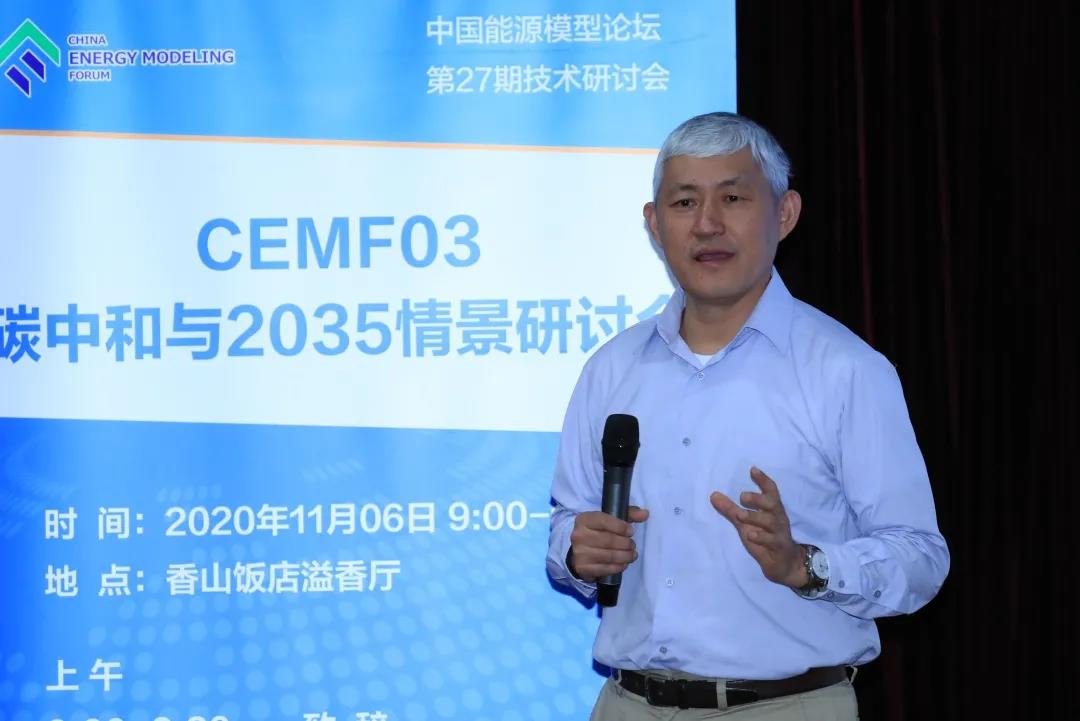
Jiang Kejun
Researcher of Energy Research Institute of National Development and Reform Commission
Researcher Jiang Kejun from the Energy Research Institute of the National Development and Reform Commission said that the goal of "carbon neutrality" has clarified the direction of future research.
The European Union and some countries have clearly moved towards neutralization of greenhouse gases by 2050, which has changed the pattern of climate change and economic development. Carbon neutrality is no longer a matter of greenhouse gas emission reduction, but a technological and economic competition among countries.
Research on greenhouse gases should not be limited to carbon dioxide, but should include all greenhouse gases. 。
For the development of hydrogen, in addition to focusing on the application of hydrogen as an energy source in transportation and other fields, we must also focus on the application of hydrogen as a raw material in deep industrial emission reduction, and comprehensively analyze and study the hydrogen-based economy.
In the future, solar power generation will change China's economic development pattern: the economic and industrial layout may follow the development of low-cost renewable energy and nuclear power distribution.
During the "14th Five-Year Plan" period, a group of carbon pioneer cities and enterprises should be launched to achieve the goal of carbon neutrality before 2050.
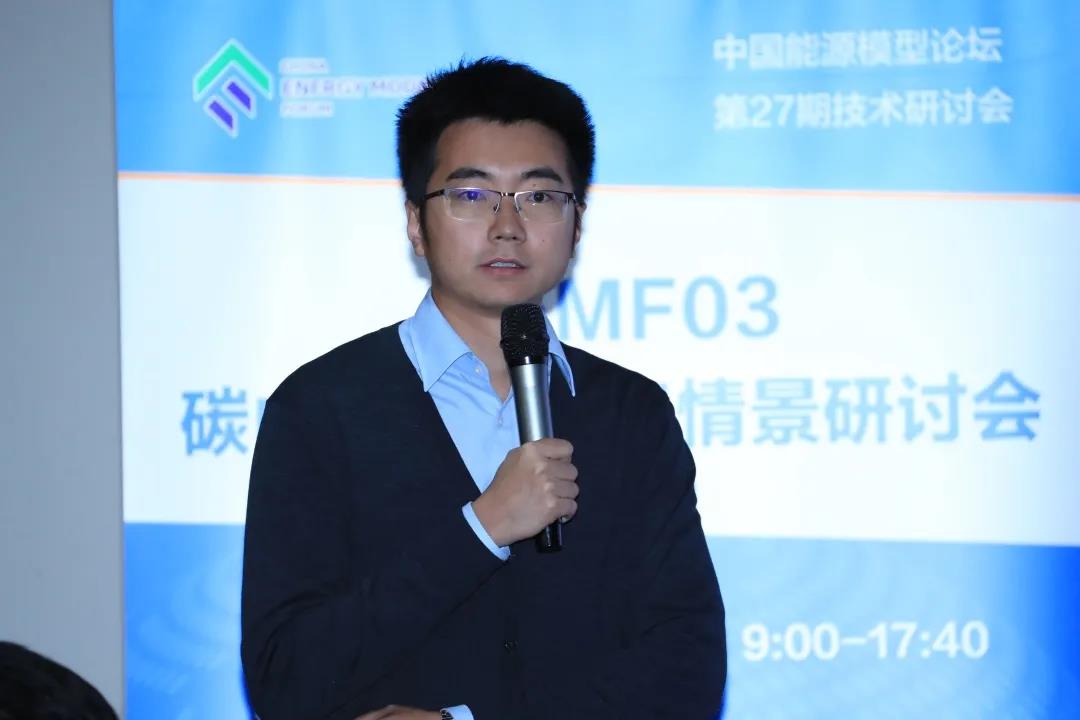
Zhang Ning
Senior Engineer, State Grid Energy Research Institute
Zhang Ning, senior engineer of State Grid Energy Research Institute, shared the opportunities and challenges of the development of the power industry under the background of carbon neutrality from the perspective of the power industry.
"Carbon neutrality" puts forward higher requirements for power transformation. First, non-fossil energy needs to be developed faster. Second, the power system's ability to absorb new energy should be improved. Energy structure, increase the proportion of electricity consumption.
In the long run, the total demand for power will increase, and the allocation of new energy will also increase; there may still be room for coal power, and it will exist for a long time; although there will be some growth in gas power, the growth potential is limited; Power generation and cross-regional power grids have certain development potential.
The four challenges faced by the power transformation in the future: the increase of the balance pressure of the maximum load of the system, the limitation of the system regulation ability due to the lack of flexible resources, the problem of safe and stable operation of the "double high" power system (high degree of electrification and high proportion of new energy), new energy consumption and the cost of carbon capture and utilization technologies.
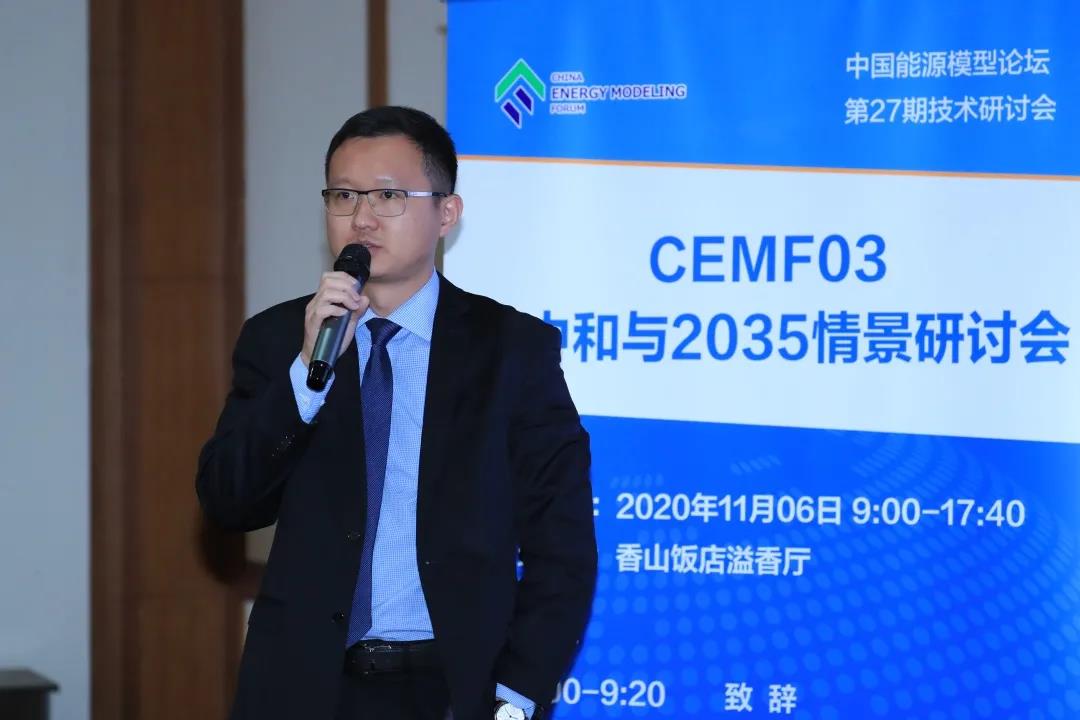
Zuo Qianming
China Cinda Asset Management Co., Ltd.
Principal Investigator
Zuo Qianming, chief researcher of China Cinda Asset Management Co., Ltd., introduced his thoughts on the transformation and upgrading path of the coal industry.
Under the policy background of promoting industrial policies and accelerating industry integration, we will deepen the structural reform of the supply side by retreating.
Energy and chemical upgrading and transformation, various coal enterprises vigorously promote the intelligentization of coal mines, and realize technological progress and technological upgrades in traditional industries.
Under the background that most coal enterprises are facing new development bottlenecks, traditional energy enterprises are developing new energy, new materials and carbon capture technologies.
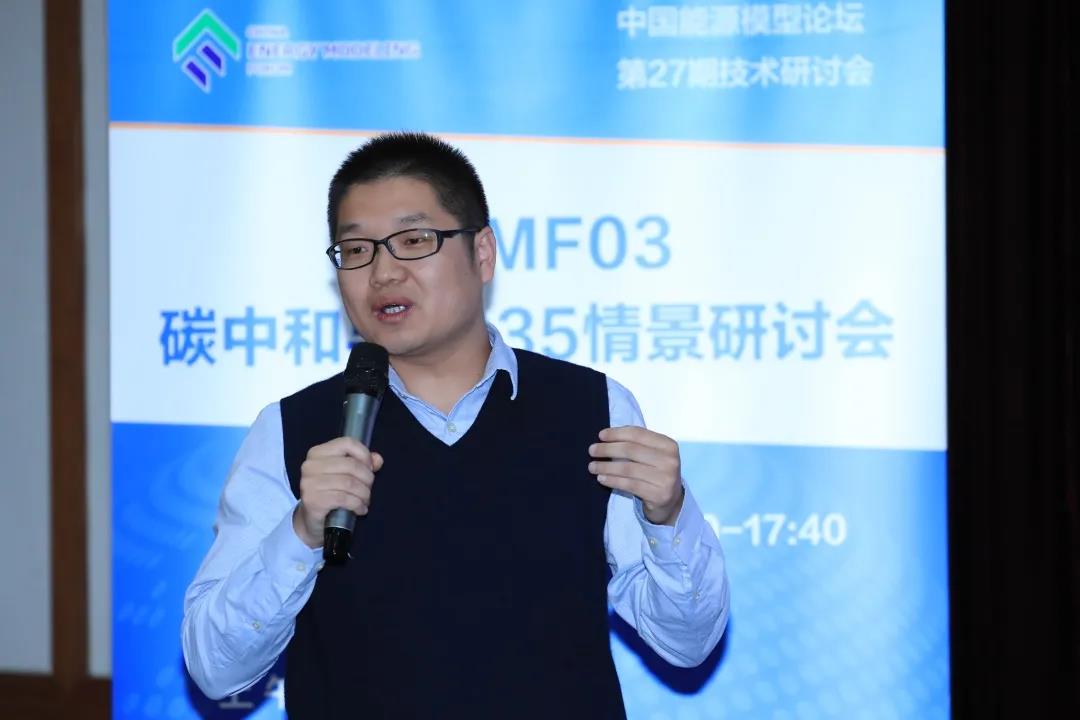
Wang Lining
Chief Engineer of China Petroleum Economic and Technological Research Institute
Wang Lining, chief engineer of China Petroleum Economics and Technology Research Institute, shared the topic of "Thoughts on the transformation and development of oil and gas under the background of carbon neutrality".
The period from now to 2035 will be the most complicated and severe period for my country to obtain overseas resources and ensure energy security.
In the long run, low-carbon energy development is the general trend. The global response to climate change promotes faster energy transformation, and China's commitment to achieve carbon neutrality by 2060 demonstrates the responsibility of a major country, and it needs to accelerate the transformation of the energy system.
Compared with the previous oil and gas outlook, under the carbon-neutral scenario, oil may reach its peak five years earlier, and natural gas consumption will not continue to grow until 2050, but will enter a peak plateau around 2040.
Considerations of energy security and climate change will shape the trajectory of China's oil and gas demand.










